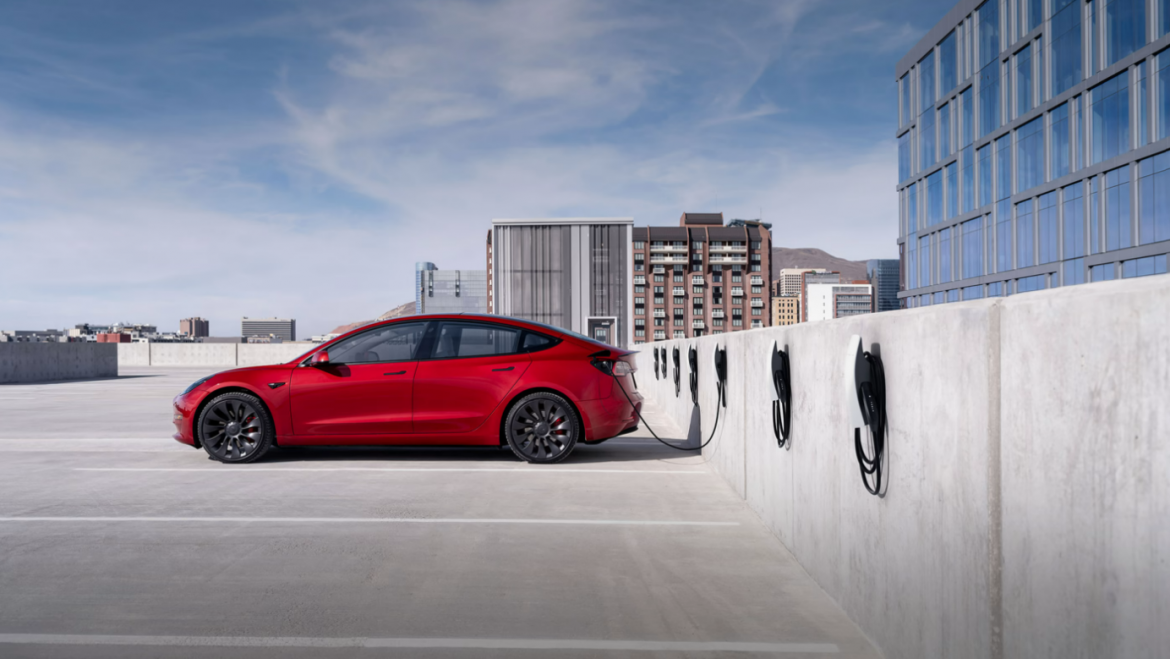BP’s electric vehicle charger unit, BP Pulse, has placed an order worth USD 100 million for Tesla’s ultra-fast chargers to be deployed in the United States. This collaboration marks the first time that Tesla’s chargers will be integrated into an independent network.
Expanding BP Pulse’s Charging Network
The purchase is a significant part of BP Pulse’s broader strategy to invest up to USD 1 billion in charging stations throughout the United States by 2030. This partnership not only enhances BP’s charging infrastructure but also creates a new revenue stream for Tesla.
Rebecca Tinucci, Tesla’s senior director for charging infrastructure, emphasized that selling their fast-charging hardware is a new direction for Tesla, with potential for further expansion.
Nationwide Rollout and Key Locations
The Tesla chargers are expected to be deployed as early as 2024 and will be accessible at BP branded locations, including Travel Centers of America and Amoco. Moreover, BP has also formed partnerships with other companies, such as the car rental giant Hertz, which has its own agreement to purchase Tesla’s for its fleet.
The initial installation of these chargers will take place in key cities like Houston, Phoenix, Los Angeles, Chicago, and Washington, according to BP’s plans.
Promoting Open Access Charging Infrastructure
Richard Bartlett, BP Pulse’s global CEO, described this collaboration as a significant step forward in their quest to establish high-speed, open-access charging infrastructure across the United States.
The 250-kilowatt BP Pulse-branded chargers will be compatible with both Tesla’s North American Charging Standard (NACS) and the Combined Charging System (CCS) connectors. This dual compatibility enables the charging of electric vehicle models from various car manufacturers.
Industry Standard Shift
Tesla’s NACS has been increasingly adopted by automakers, potentially moving it closer to becoming an industry standard, while rival CCS faces challenges. This collaboration reflects the ongoing transformation and expansion of the electric vehicle charging landscape, with Tesla’s technology playing a central role in shaping the industry’s future.



